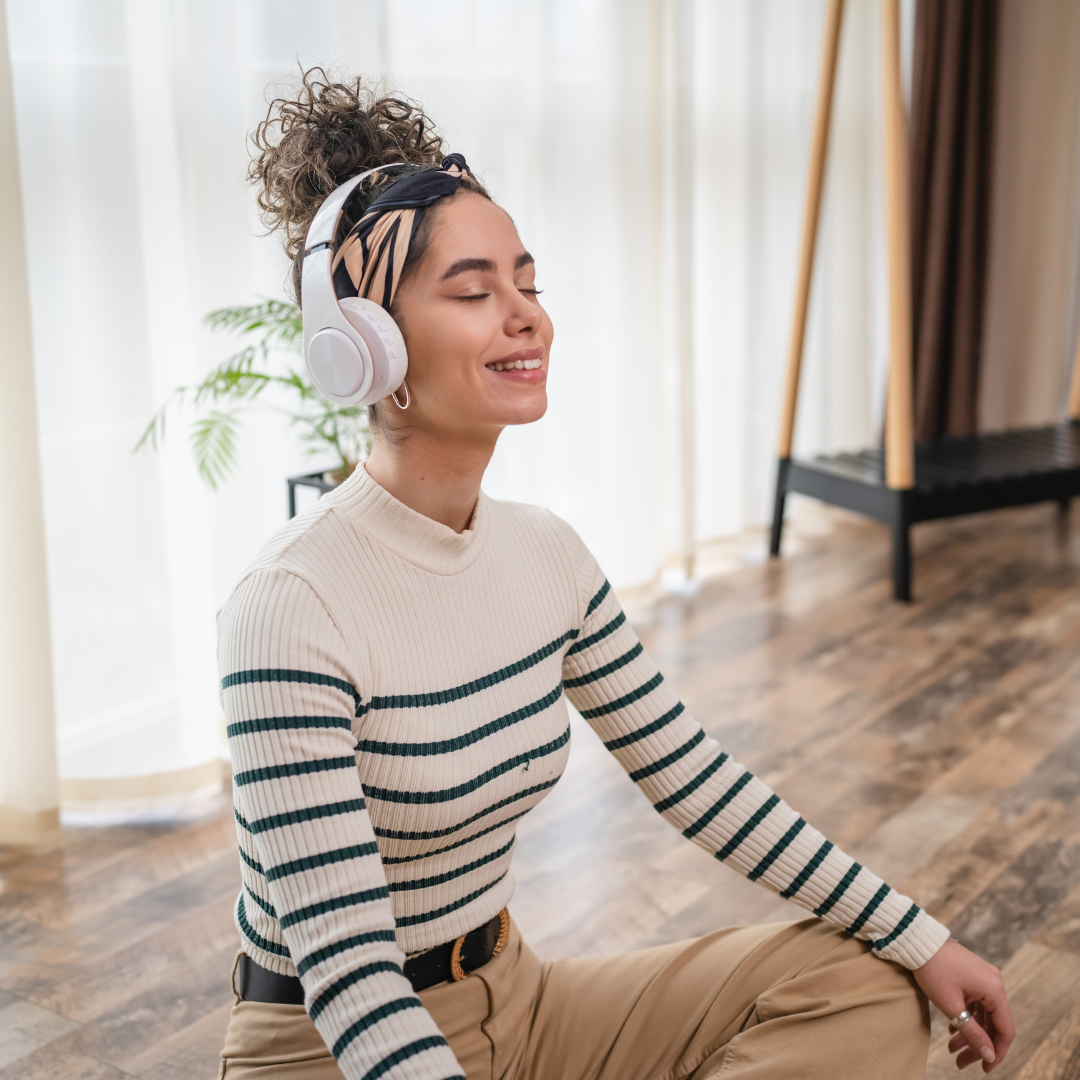Self-care, often misconstrued as a luxury, takes on a profound significance for survivors of domestic violence. It becomes a transformative act of survival, resistance, and healing. In the face of chronic stress, trauma, and isolation, survivors often find little space for their own needs. However, self-care in this context becomes revolutionary, a means to reclaim control over one’s body, boundaries, time, and voice, instilling a sense of empowerment and hope.
When thinking of self-care, we often envision ourselves drinking more water, taking our daily steps, and consuming nourishing whole foods. What we sometimes fail to realize is that emotional and mental health are equally important and require attention for our overall well-being. Those who prioritize self-care are more likely to report higher levels of happiness, greater job satisfaction, better sleep, and a stronger likelihood to consider themselves ‘very healthy.’ A national self-care study confirmed that 64% of participants experienced a boost in self-confidence, 67% reported increased productivity, and 71% noted an increase in happiness. Balancing work, family, and self can feel overwhelming, but it doesn't have to feel impossible or unattainable.
Self-care doesn’t come cheap. On average, Americans spend about $90 a month on self-care, according to Within Health. That said, only 60% of Americans feel like they have enough time and money for the self-care they need. The hesitancy of individuals to spend money on self-care is exponential for survivors of domestic violence, considering added barriers of financial abuse, which is present in 99% of DV relationships. Financial abuse isn’t just about withholding money; it can also come in the form of coercive control and emotional abuse. Common tactics include manipulation, the use of threats, and diminishing self-esteem. Batterers may make a survivor feel bad for spending money on themselves, or belittle a survivor's sense of self-worth so they don’t feel worthy of self-care.
In acknowledgement that several forms of self-care are not equally accessible to everyone, here are some free self-care tips:
Modify one part of your daily route to incorporate additional walking.
Breathe in for 4 seconds and breathe out for 4 seconds, repeating this for one full minute before bedtime for better rest, or anytime during the day for stress relief.
Add an outfit accessory that boosts your confidence.
If you’re feeling stressed or anxious, speak immediate truths to ground yourself through positive affirmations: ‘I am safe,’ ‘I am loved,’ ‘I am healthy,’ etc.
Help a friend, or volunteer for a few hours – Our brain releases' feel-good’ chemicals, such as serotonin, dopamine, and oxytocin, when we engage in acts of kindness.
At La Casa, we understand the benefits of incorporating self-care practices and techniques while concurrently accessing DV/IPV support services. While true healing may take a lifetime, integrating new practices can help survivors feel more equipped to take on the responsibilities that life demands. Practically, we work with clients to identify their likes and interests regarding self-care. Self-esteem building is another critical aspect of our direct services work. Greater self-esteem is foundational to the belief in being worthy of self-care, which our clients often struggle with.
Just as healthy relationships are a right for everyone, so is support in your self-care journey. You are valued, and you deserve to prioritize your well-being.
Please call our toll-free 24-hour crisis line at 1-877-503-1850 if you or anyone you know is experiencing financial abuse or any other form of domestic violence or intimate partner violence.
Author: Norma Rodriguez & Jaya Drohan



